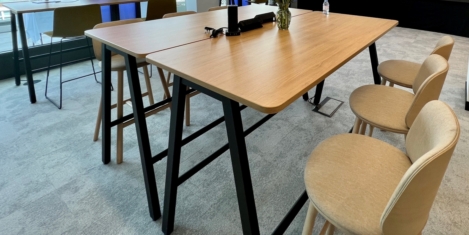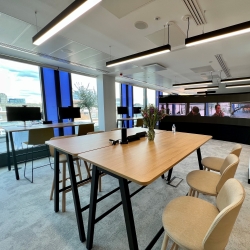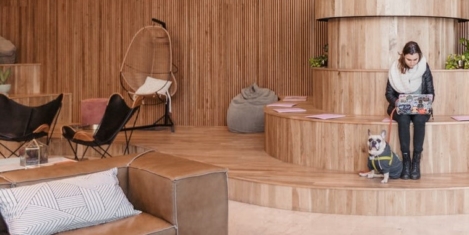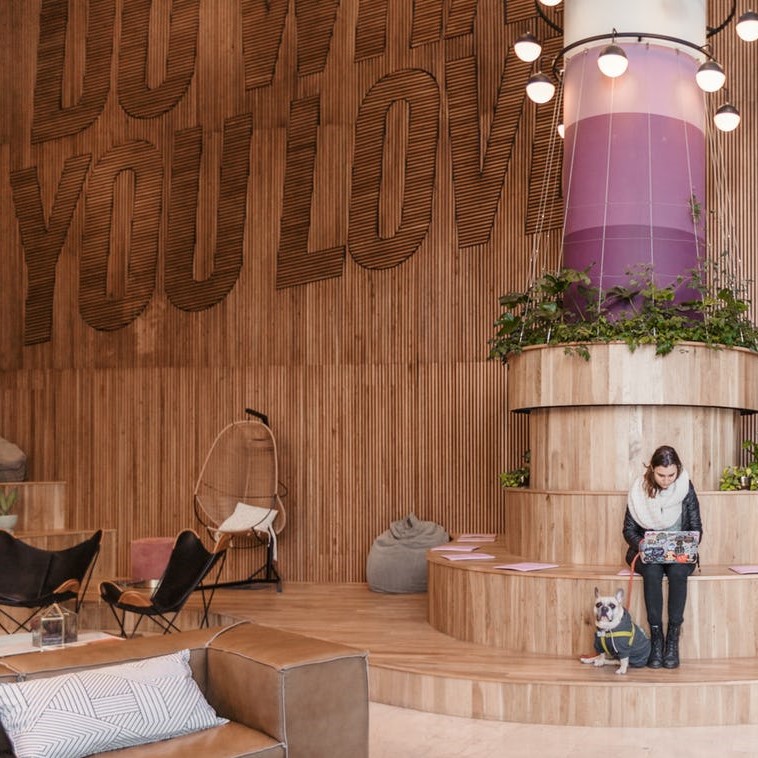August 11, 2023
Majority of firms lack the data to make ‘return to office’ decisions
 A new survey from Envoy, which polled over 1,100 company executives and workplace managers across five leading industries, explores how these two groups of leaders use data to make smarter, more informed decisions about their workplaces. It suggests that the world’s leading companies are struggling to confidently report what’s happening in their workplaces. The problem is the lack of accurate, easy-to-use data. 52 percent of executives admit not being able to make a critical workplace decision because they lacked the necessary data to assess operational and real estate needs. Furthermore, 80 percent of the same executives confess that they would have approached the so-called return-to-office differently, if they had access to accurate data. (more…)
A new survey from Envoy, which polled over 1,100 company executives and workplace managers across five leading industries, explores how these two groups of leaders use data to make smarter, more informed decisions about their workplaces. It suggests that the world’s leading companies are struggling to confidently report what’s happening in their workplaces. The problem is the lack of accurate, easy-to-use data. 52 percent of executives admit not being able to make a critical workplace decision because they lacked the necessary data to assess operational and real estate needs. Furthermore, 80 percent of the same executives confess that they would have approached the so-called return-to-office differently, if they had access to accurate data. (more…)













 Zoom has opened a new London ‘Engagement Hub’ which the firm claims will spearhead the shift from traditional office spaces to ‘experiential working hubs’. With the demand for hybrid working and remote capabilities giving rise to unconventional ways of operating, Zoom says it has designed its new office to support the changing nature of the employee experience, marking a new era of modern work.
Zoom has opened a new London ‘Engagement Hub’ which the firm claims will spearhead the shift from traditional office spaces to ‘experiential working hubs’. With the demand for hybrid working and remote capabilities giving rise to unconventional ways of operating, Zoom says it has designed its new office to support the changing nature of the employee experience, marking a new era of modern work. 






















August 7, 2023
Rummaging through the workplace memory hole
by Mark Eltringham • Comment, Flexible working, Property, Technology, Wellbeing, Workplace design